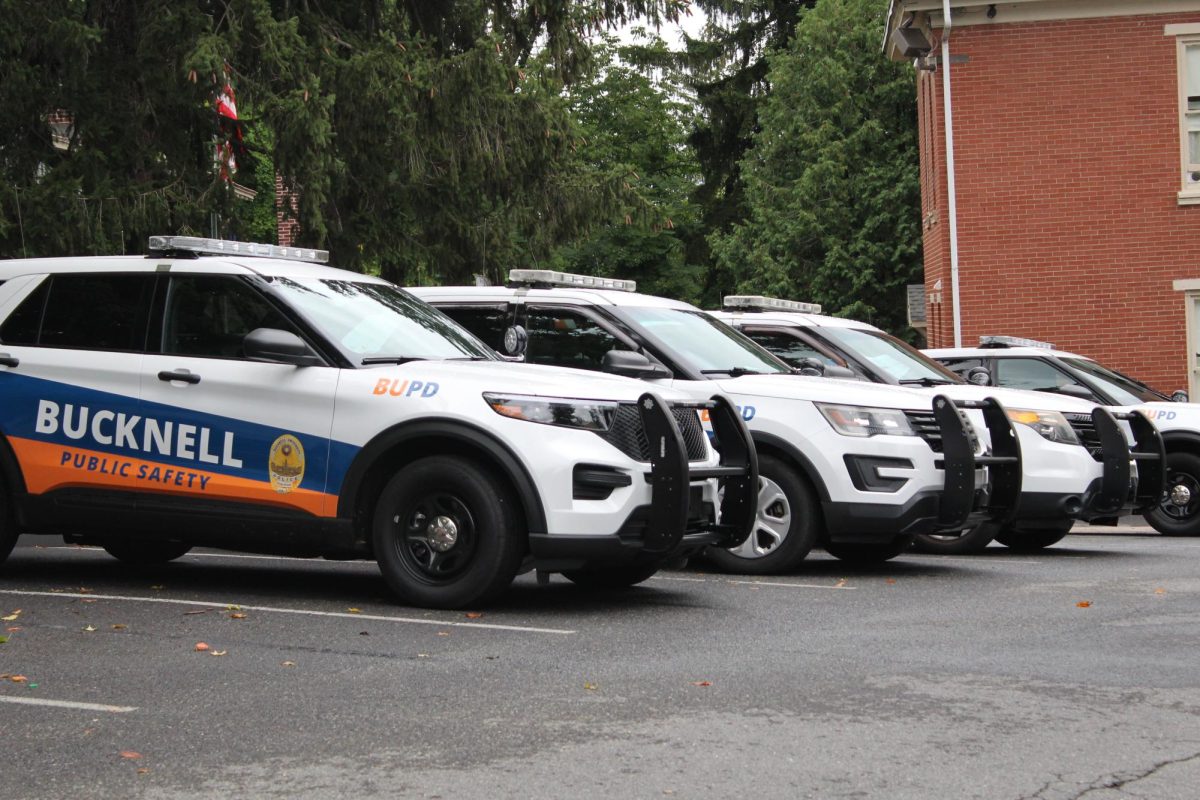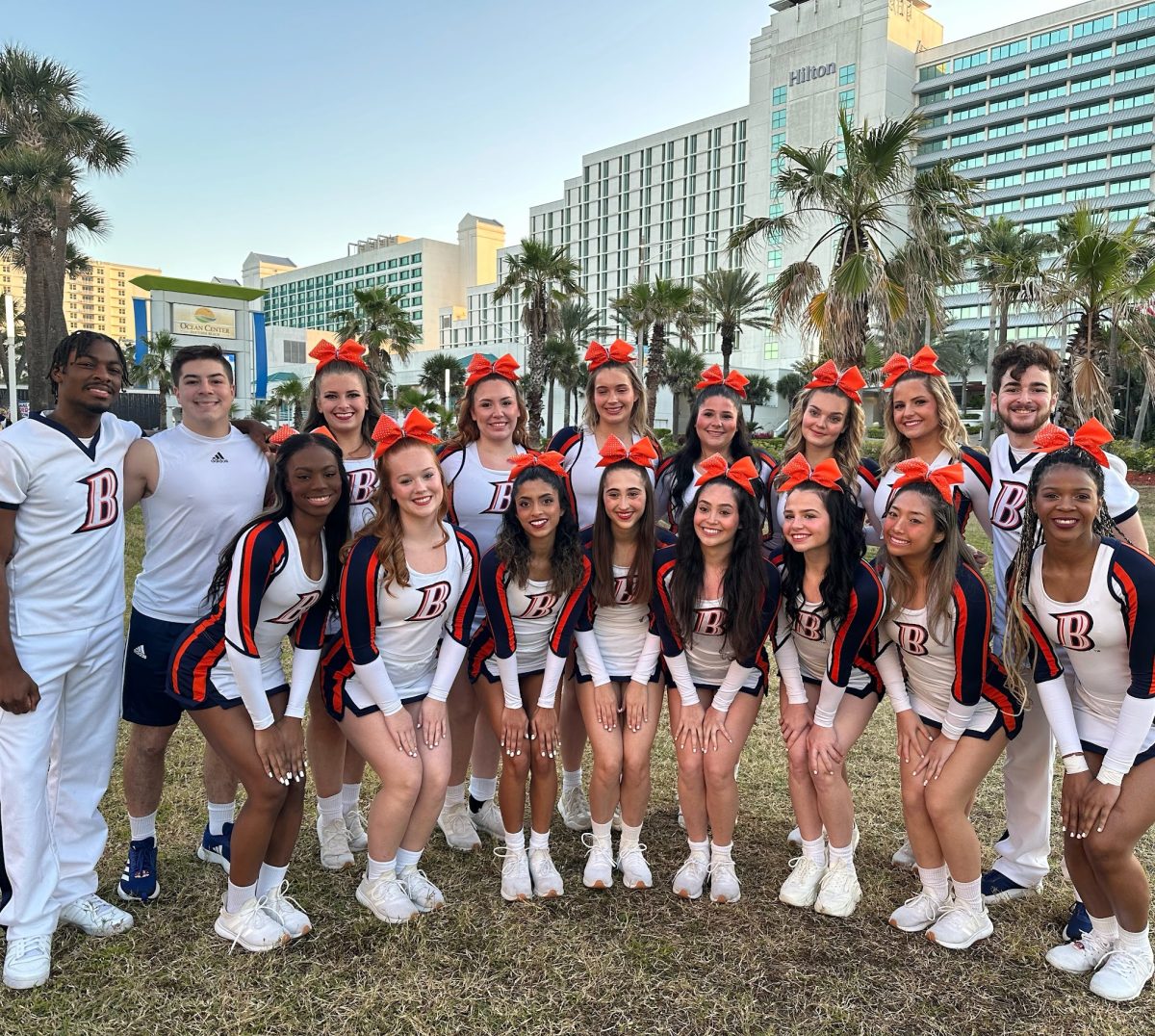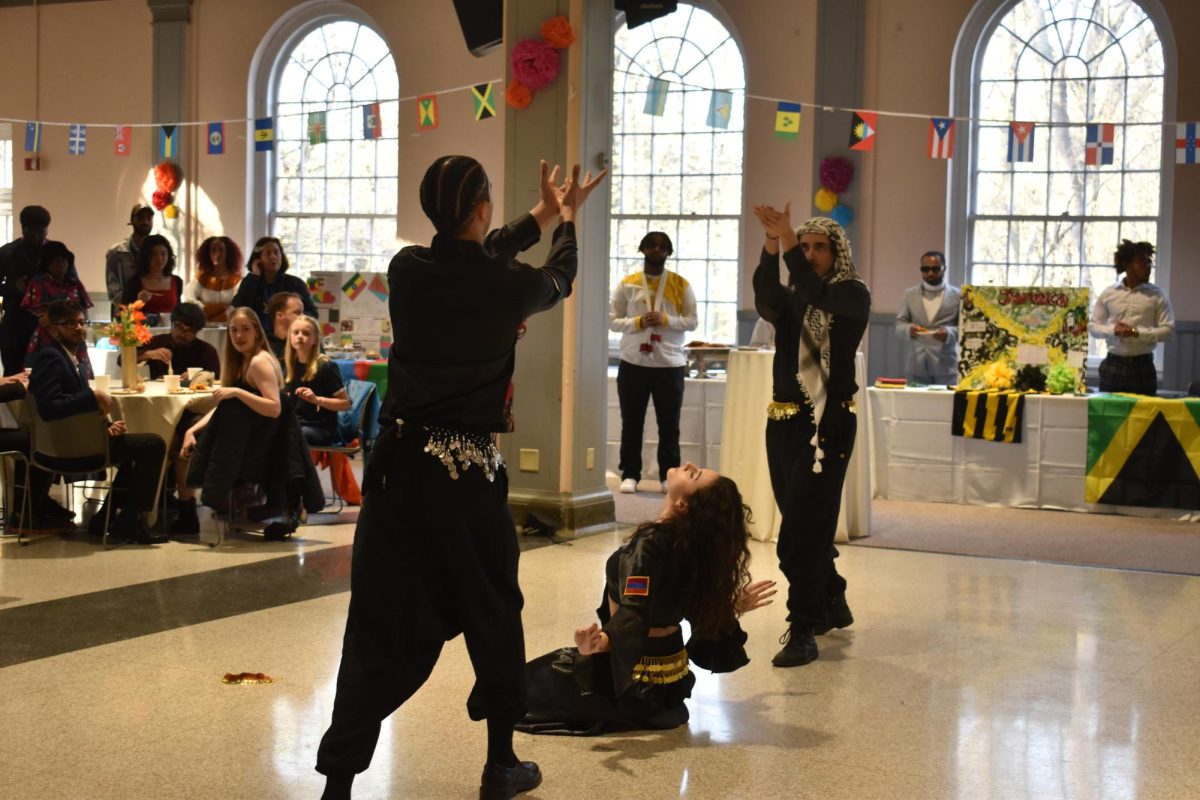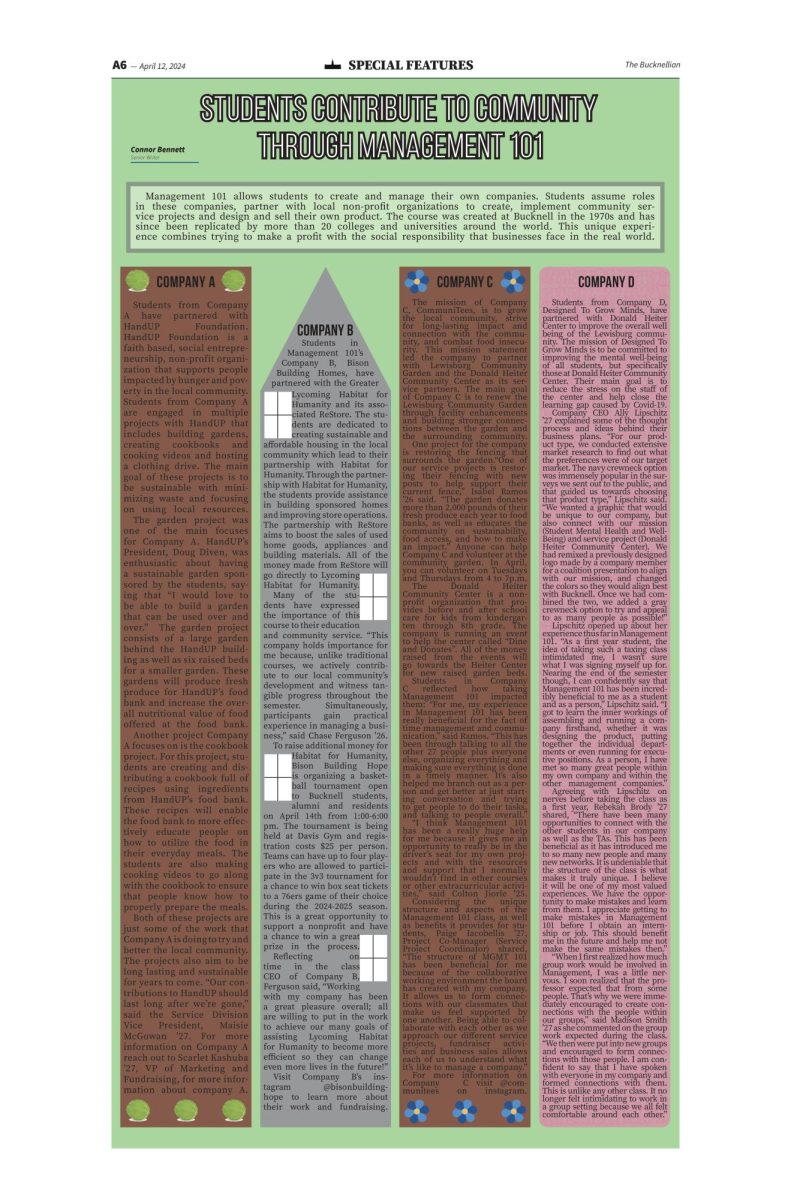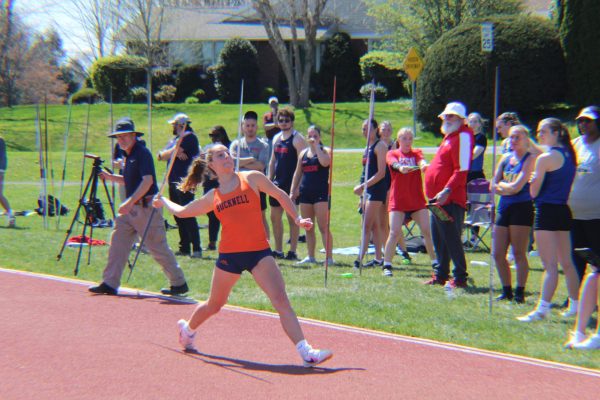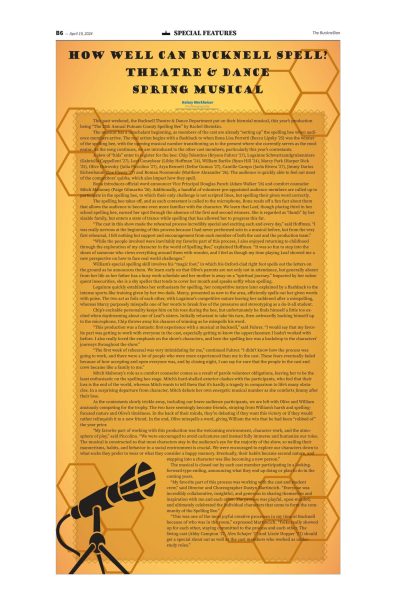A controversial take on spring break documented in “Liberated: The New Sexual Revolution”
The panel discussion “got heated” when students disagreed with the director’s definitions of consent and coercion.
March 29, 2018
Psychologists for Social Responsibility sponsored a showing of the documentary “Liberated: The New Sexual Revolution” on, March 19 at 6:30 p.m. in the ELC Forum, the first Monday after students returned from spring break. The documentary portrays a set of interviews of college students on spring break in Panama City, Fla. about hookup culture norms and American society’s construction of gender and sexuality.
The showing of “Liberated” was followed by a panel discussion with Director Benjamin Nolot, Shay Douglas (who was featured in the film), and two members of SpeakUP, the University’s peer education group on preventing sexual assault.
Alongside interviewing college students in Panama City, the documentary interviews professors and professionals on society’s construction of masculinity and femininity and how this has contributed to the current hookup culture that exists seemingly everywhere, even beyond college campuses.
Izzy McCary ’18, one of the two SpeakUP members on the panel said she was “really disappointed with this director and documentary.”
“Nolot completely ignored the entire LGBTQ community throughout the whole documentary and only showed men as aggressors. In SpeakUP we educate that there is no single profile of a perpetrator or victim-survivor,” McCary said.
Psychologists for Social Responsibility Chapter President Lena Kleinberg ’19 was one of the main organizers of the film screening. Kleinberg agreed with McCary that the documentary was heteronormative, saying that “it exposes the stereotypical binary of men as perpetrators and women as victims of sexual violence. I do not believe that the scenes captured in the film are representative of greater populations of individuals with more diverse demographics and identities.”
However, Kleinberg recognized that documentary was “simply filming his experience at specific locations,” but found it difficult to relate to other communities.
The panel “got heated,” specifically when “definitions of consent, coercion and agency were disputed among SpeakUP representatives and the director,” Kleinberg said. “Although some viewpoints did not align, I believe the audience responded appropriately, ultimately coming to the conclusion that everyone must be more educated about ending sexual violence.”
McCary and Nolot defined consent differently. Nolot believed coercion lawfully fell under the definition of consent. McCary expressed that under the affirmative consent standard, which is the standard of the University’s consent policy, coercion is not seen as consent.
“If Benjamin Nolot is going to be going on a screening tour, I would think he would do his research on the current standard of consent and the language behind it,” McCary said. “By promoting the film on college campuses and trying to rewrite the language of the established policy in order to try and make himself seem ‘profound,’ Nolot only confuses the movement and ruins audience understanding of the affirmative consent model.”

